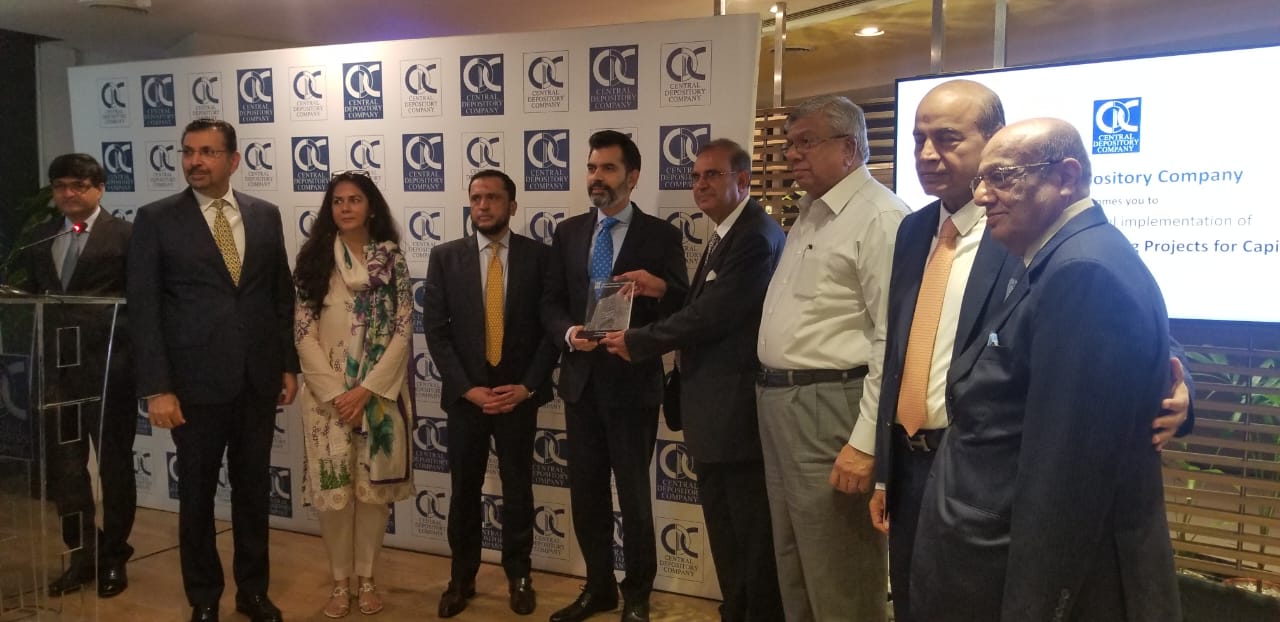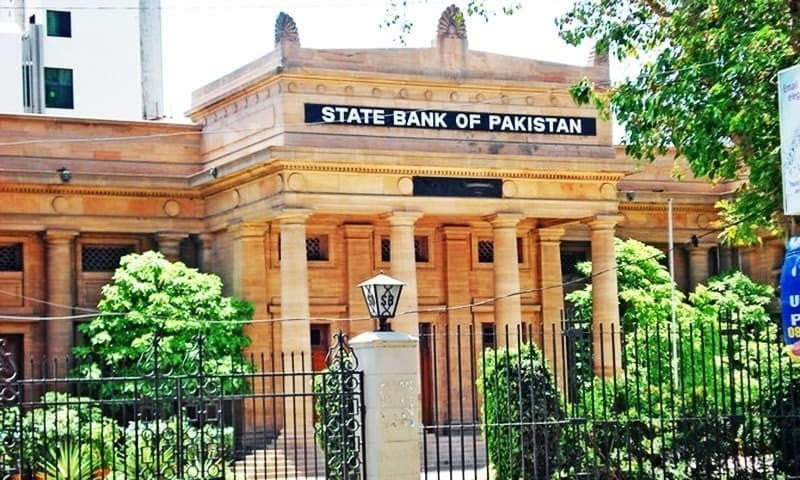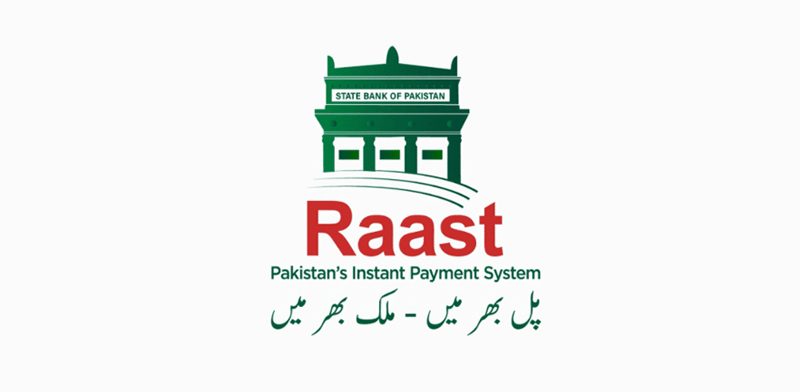Governor State Bank Dr. Reza Baqir visited CDC House to mark the successful operationalization of important projects for Pakistan Capital Market, namely Roshan Equity and RAAST for Dividend payments, which have been implemented in the recent past by the State Bank in collaboration with the Capital Market and commercial banks.
It is indeed a moment to celebrate for CDC and the entire Capital Market as the successful roll-outs of these key projects of market development have started yielding promising results besides effecting ease of doing business through innovative solutions, digitization and efficiency of processes.
Speaking at the occasion Governor State Bank Dr. Reza Baqir, said, “This is an occasion of immense and significant achievement as we gather here to celebrate the successful roll-out of important projects of national interest—including Roshan Equity and RAAST—that have been initiated by the State Bank of Pakistan and very well executed by commercial banks and CDC. In all these projects, Central Depository of Pakistan has been playing the important roles of facilitator, infrastructure architect and information sharing hub. This is only the beginning of what our vision is for the development of Pakistan’s Capital market. SBP is committed to work with SECP to support Capital market entities in this regard. Now, we have initiated a new project for the Capital Market pertaining to Shared KYC through which investors can open Capital Market Account through their respective Bank’s portal/app. This project will pave the way for wider outreach for our Capital Market.”
Mr. Badiuddin Akber CEO-CDC thanked SBP and SECP for their continued support and patronage in achieving these milestone in its market transformation journey. CDC is already processing thousands of transactions related to Roshan Digital Accounts and RAAST for Stock Exchange, for which CDC acts as the information sharing hub between the banks and capital market entities. Now, for the “Shared KYC project”, CDC will again act as the Information Sharing bridge for the digital opening of capital market accounts through banking portals for Local Resident Investors with the objective of removing duplication of information capture and KYC processes, he further said.
At the start of the ceremony, Mr. Moin Fudda Chairman Board of Directors-CDC, welcomed Dr. Baqir and other guests to CDC and highlighted the achievements of SBP under the leadership of Dr. Baqir. Mr. Furrukh Khan MD-PSX also addressed the ceremony and stressed on the important role of SBP in the development of Pakistan Stock Market. Ms. Musrat Jabeen Executive Director-SECP focused on the significance of collaboration between SBP and SECP.
Prominent personalities from the banking sector and Pakistan Capital Market also attended the event.



